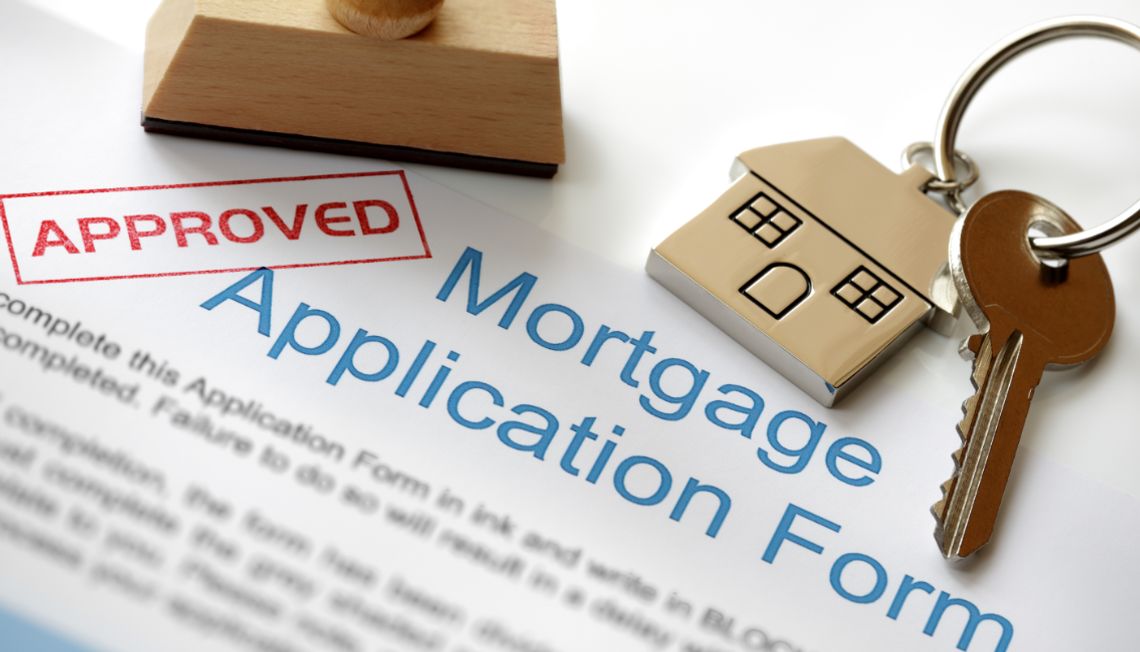So you are ready to apply for a mortgage, or maybe you want to refinance your current mortgage? What is the key to a smooth mortgage process? Paperwork. Yes, paperwork is the key. Why? Because you will always need to prove your ability to pay when taking out such a large loan. So brace yourself and be prepared for some serious paperwork. Below is a checklist of some of the information and paperwork involved in a mortgage or refinance application.
Proof of income
Whether you need recent pay stubs, tax returns or tax forms (like W-2s and 1099s from the past two years), it’s important to be ready with the paperwork that proves you have a stable income. If you worked at multiple jobs, you may even need the names and addresses of all employers for the past two years. Depending on your situation, you may also need to show documents accounting for any additional income.
Homeowners insurance
Especially for a refinance, you will likely need to produce documentation for homeowners insurance to prove that you have enough coverage for your property.
Proof of assets
Most likely, you will have to provide documentation about all of your financial assets other than your home. This means statements from savings accounts, stocks, bonds, mutual funds, CDs, retirement accounts, automobiles and any other real estate you may own. These will be evaluated to verify that you can cover a down payment, and will still be able to afford monthly bills.
Credit information
Your lender will also check your credit to determine how likely you are to pay your loan and how creditworthy you are. It’s smart to check your free annual credit reports when contemplating a new mortgage—and to dispute any errors that might be hurting your credit score—ahead of applying. (You can check your credit scores for free on Credit.com every month to see where you stand.)
Good faith estimate
The basics
It’s important to remember that you will also have to provide basic identifying information, including your Social Security number, a list of addresses for residences from the past two years, a check for the application fee and—if you’re refinancing—an appraisal.
So remember, what’s the key to a smooth mortgage process? Paperwork. Gathering all your documentation is not a lot of fun, but it is the only way lenders can trust that you can afford a mortgage or mortgage refinance. The more ready you are with the paperwork you need, the quicker the process can be over. Remember that each lender may require their own documents, so contact them to inquire what you will need as soon as you know they are an option. There is simply no way to avoid the paperwork, so you may as well just focus on completing the checklist and talking to your prospective lender.
If you’re thinking of purchasing a new home or refinancing your current property, you can contact us by phone at 703-952-7653, send us email at; [email protected] or stop by our office in Arlington, VA.
[h/t] Realtor





